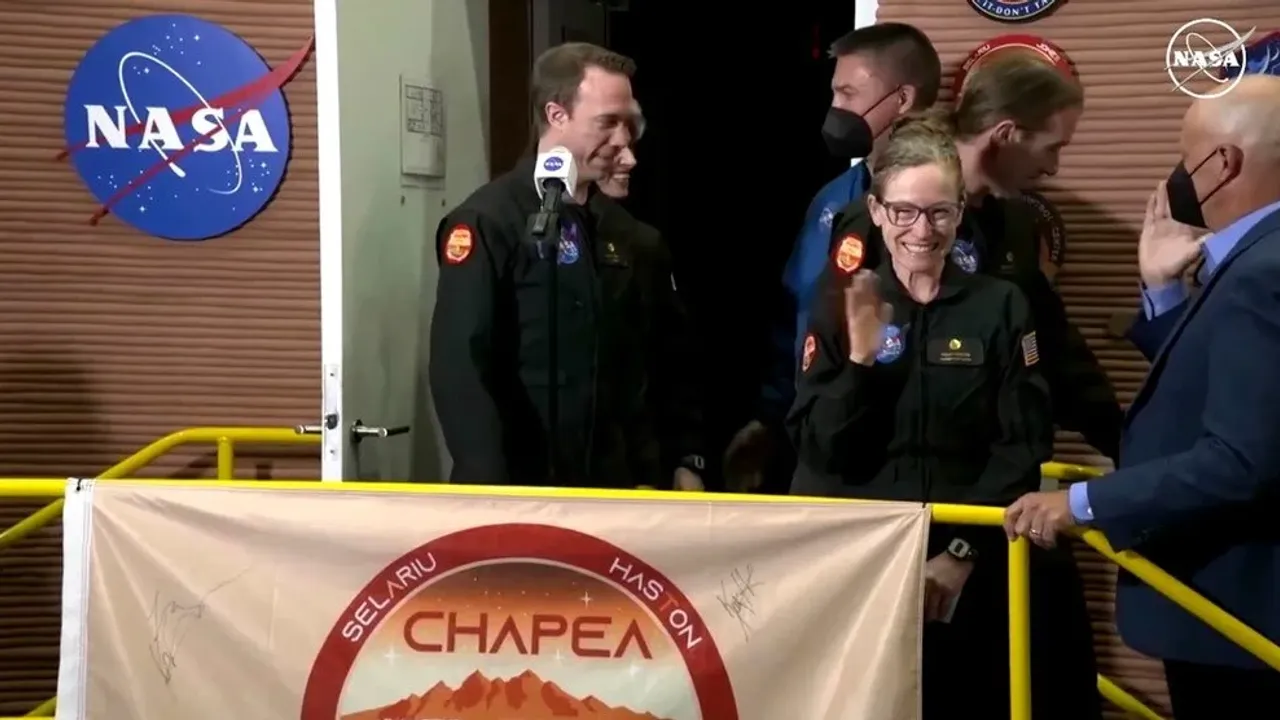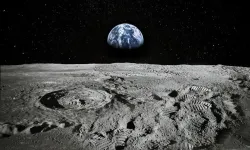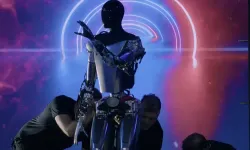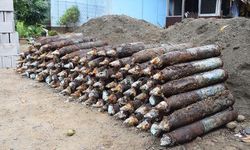After more than a year, four volunteers have completed a NASA experiment on possible life on Mars.
ENDED AFTER 378 DAYS
The program, called "Chapea," ended after two men and two women left the 160-square-meter Mars simulation space on Saturday after 378 days.
MORE TASKS AWAIT US IN THE FUTURE
Julie Kramer, technical lead for the US space agency NASA, said the project "enables important things to be learned about complex systems and will make the journey to and from Mars much safer." Kramer announced similar "Chapea" missions for 2025 and 2027.
NASA's experiment was designed for more than a year: Four people lived on NASA land for 378 days. The windowless "Mars Dune Alpha" was created with the help of a 3D printer. The volunteers were not allowed to leave.
The astronauts made a short speech in front of the cameras before returning to their families.
APPROACHING MARS
"We can create these things together," Ross Brockwell said, looking ahead to the journey to Mars. "We can use our curiosity and determination to achieve peace and prosperity and release knowledge and joy for the benefit of all people on Earth."
Brockwell added that NASA's experiment was a wonderful experience. "And hopefully we will get one step closer to reality, to seeing humans on Mars," he said.
CONTRIBUTION TO THE FIELD OF PSYCHOLOGY
The findings from this experiment, conducted by NASA in Houston, Texas, contribute significantly to the field of psychology as it investigates the mental health of individuals under the conditions of long-term space travel.
INCREASED INTEREST
The success of the "Chapea" program has increased interest in space travel beyond Earth, with NASA planning similar missions in 2025 and 2027.
STEPS TO COLONIZE MARS
NASA's project in Texas, an integral part of space exploration in the US, aims to make space travel safer and pave the way for future efforts to colonize Mars.
Aligned with NASA's mission, the "Chapea" program aims to promote science and technology with the long-term goal of benefiting not only the United States but all people on our planet.
As NASA continues to push into uncharted territories, the Mars simulation in Texas encourages future generations of men and women to explore the universe and contribute to improving human health and knowledge.















